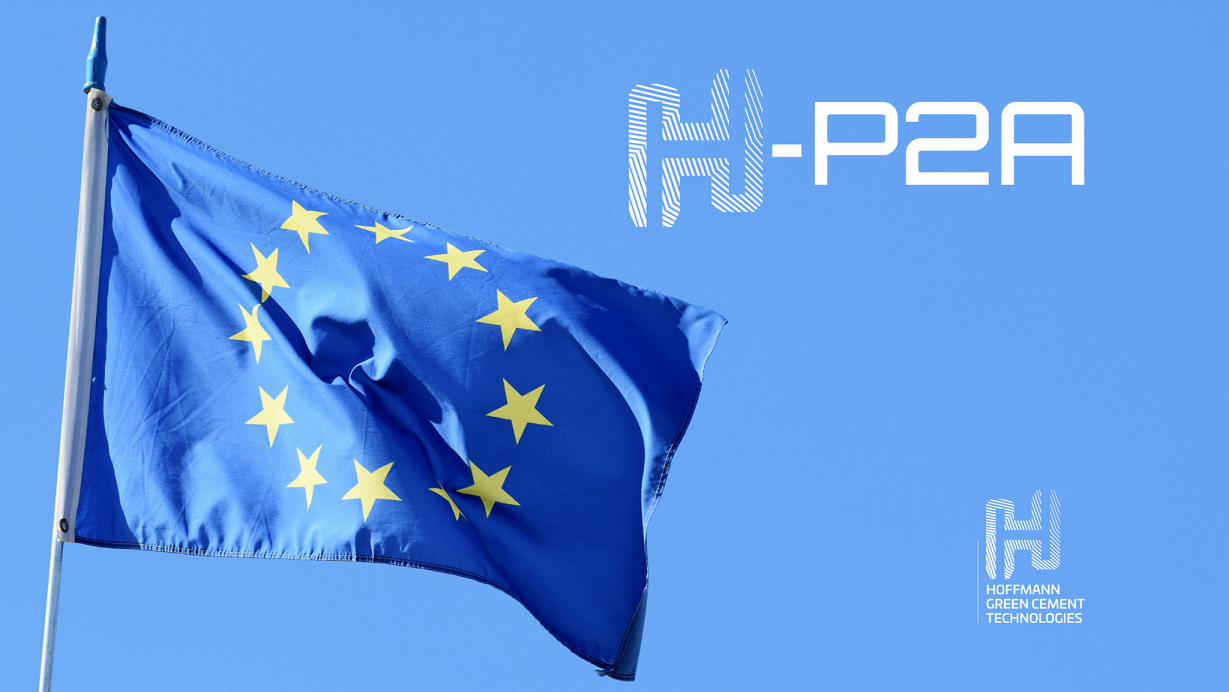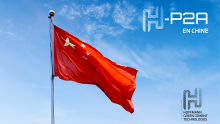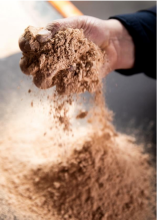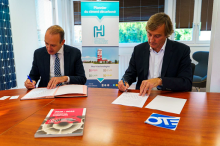
H-P2A (High Performance Alkaline Activation) is a geopolymer technology enabling low-carbon cements to be formulated, based on the co-products produced by industry, for the mortar and industrial adhesive markets.
The France-based manufacturer says this issuance of a second patent for H-P2A technology, following the one granted in the United States in 2020, further strengthens the protection of its intellectual property and therefore intensifies the barriers to entry on the decarbonised cement market.
The H-P2A patent was validated by the European Patent Office under number 3274315, following over five years of appraisals.
Julien Blanchard and David Hoffmann, co-founders of Hoffmann Green Cement Technologies, commented: “As the decarbonisation of the construction sector is a crucial challenge, notably in Europe, we are proud to announce the granting of a patent for our H-P2A technology for this region. In keeping with our innovation strategy, meeting this new milestone rewards all the investment and efforts undertaken since the company’s creation in terms of protecting our intellectual property."
They added that the granting of the European patent will enable Hoffmann to begin marketing the H-P2A technology from 2022 in France and across Europe.
Hoffman says that cement produced using its H-P2A technology comprises of flash clay mixed with silicate and activators, and superactivators specifically formulated by the company. There is a tensile strength on concrete of more than 25 MPa for H-P2A cement.
H-P2A cement is a two-component cement consisting of either an active powder and a liquid solution, or a blend of two pastes mixed to obtain a fast-setting effect.
Hoffmann says it is perfectly compatible with existing production processes, and is intended for the formulators market for the manufacturing of 100% mineral, non-flammable and VOC (volatile organic compound)-free adhesives.









